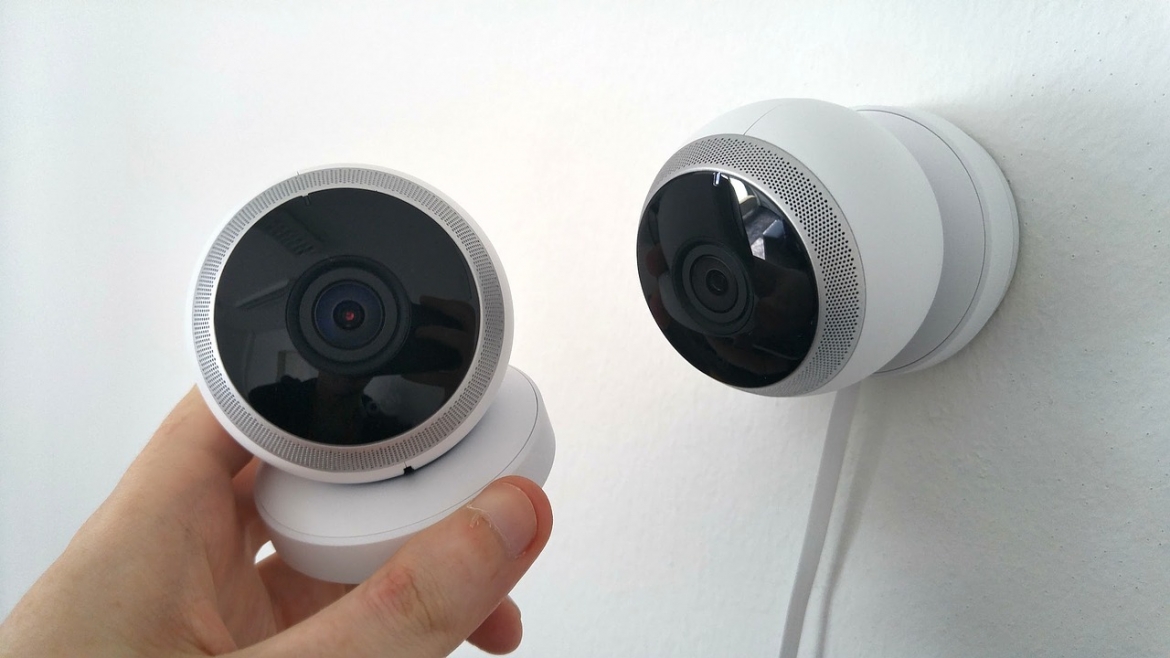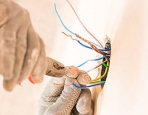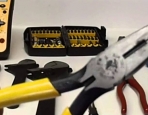With increasing incidents of crime and other anti-social behaviour reported in the news every day, CCTV cameras can be great for protecting your premises (both in terms of discouraging any would-be perpetrators and in helping the police to investigate should something occur). Before having CCTV installed in your workplace, however, there are a number of things you should consider to ensure that you’ve made the right decisions.
- Coverage
You will need to determine which areas are most vulnerable and, therefore, need to be covered by CCTV. Whilst your chosen electrician will pay a visit to your premises and help you to figure out the best possible location to mount cameras and get optimal coverage, being able to let them know which areas you’re most concerned about is beneficial. - Camera Type
These days, the most popular type of cameras in use is wireless ones – after all, they eliminate the need to install messy wires. Keep in mind that not all CCTV cameras are equal – traditional directional (or bullet) cameras are generally fixed and point in one direction, whilst dome cameras provide 360-degree coverage of the area around them. - Location
Related to both of the above points, you need to use different types of camera based on where they will be installed. The camera placed outside your parking garage will not be the same as the one placed in the storeroom. Never ignore indoor coverage – people are getting better at avoiding detection outside, so ensure you’ll catch them inside if so. - Declaration & Legality
It is a legal requirement that you let people know they are being recorded – display some signs advising that CCTV has been installed and you’ll be fine. It is also important to note that it is illegal to install CCTV in private areas, like bathrooms and change rooms. You can be charged and even sentenced to time in jail for such an offence. - Permissions
In some cases, you may need to obtain permission from relevant authorities prior to CCTV installation. Even if it’s not legally required, it is a form of courtesy. When installing cameras outside your premises, chances are they will also cover a portion of your neighbour’s property – make sure you let them know and change the angle if requested. - Technical Aspects
There are also some technical details that you’ll need to figure out. Are the cameras able to record HD videos? What additional equipment do you need (such as recording and storage hardware)? How long do you want to store recorded video for? Can you operate the CCTV system via remote control and access it remotely?
Although it is essential that you consider each of the above factors prior to booking any installation at your workplace, the most important piece of information that you should take away from this article is to only have CCTV cameras installed by a professional. This will help you to avoid making a costly mistake (such as poor coverage, unoptimised storage and insufficient control). The team at Smillie Electrical can handle this process for you.



